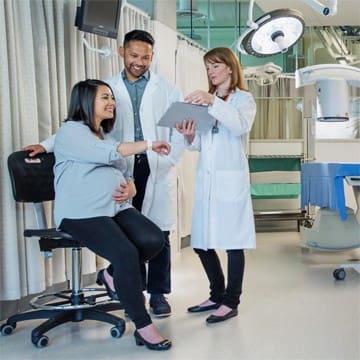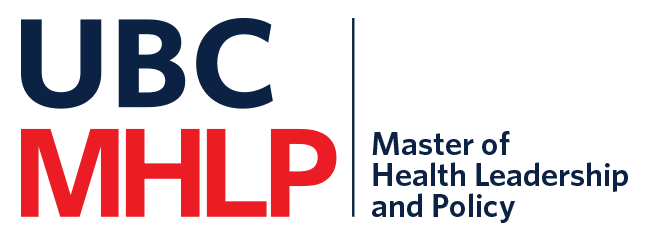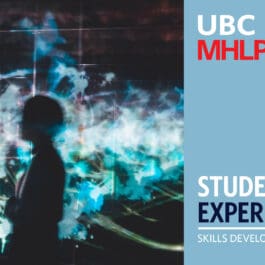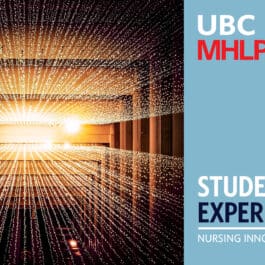
Student Experience – Kristen Law
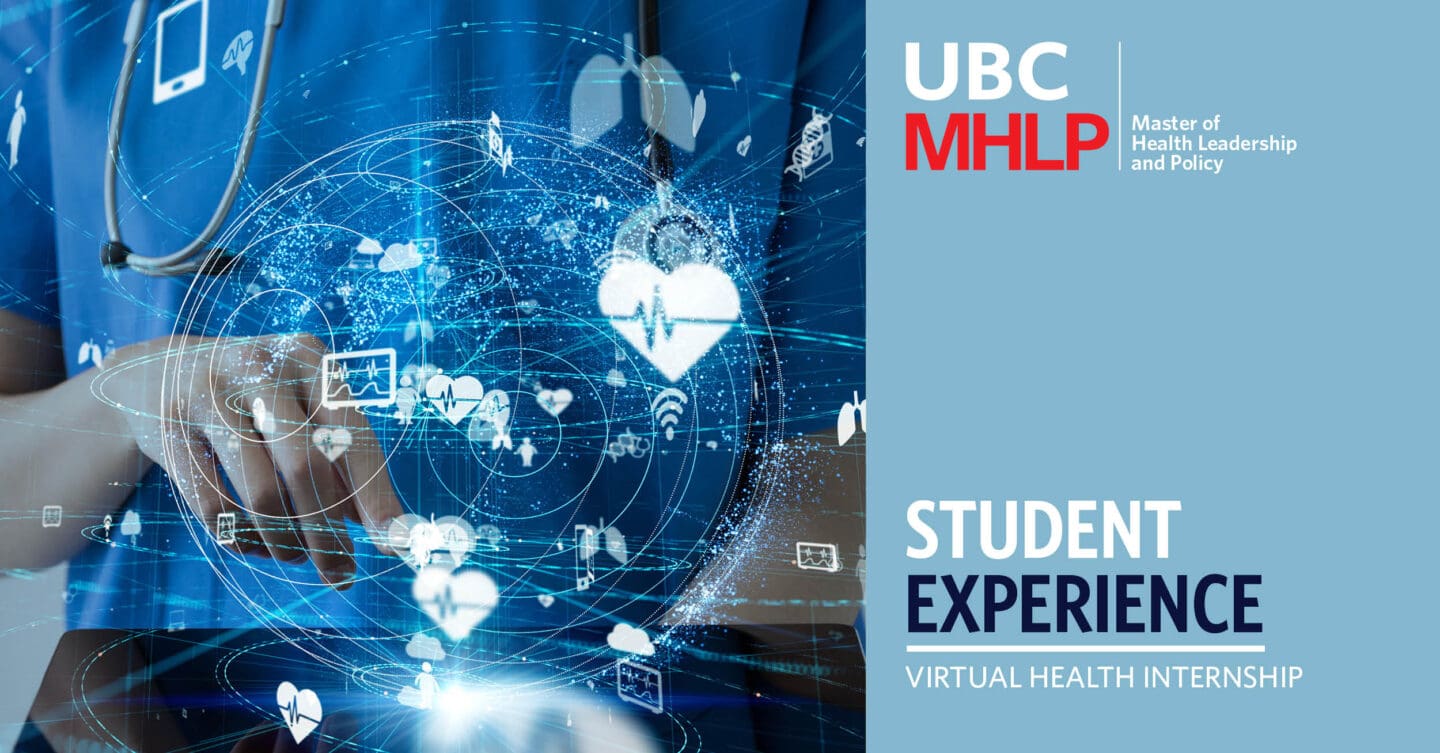
Through an internship position with the Office of Virtual Health for the Provincial Health Services Authority (PHSA), Kristen Law helped develop guidelines for best practices in virtual health-care delivery. She talked to us in late October 2020 about how the MHLP in Clinical Education enabled her to bring together knowledge from her health-care and business classes to create a clinically relevant and useful document.
How did you obtain your intern position?
At the start of the provincial lockdown I attended an inspiring professional development workshop, organized by the program, introducing us to a team from virtual health. I could see the great potential offered by virtual health-care delivery and was interested in gaining experience in this field.
Our MHLP professors are always emphasizing the importance of building and using your network, so I reached out to someone I knew who had been seconded to the PHSA Office of Virtual Health to ask about internship opportunities.
What was the focus of your role?
The PHSA’s Office of Virtual Health was well established before the COVID pandemic, but when the province went into lockdown mode, many initiatives that had been underway were expedited because of the overwhelming need to get virtual health projects up and running. I was asked to help develop a high-level document that could be used by anyone delivering health care virtually, such as physicians and nurses to physiotherapists and psychiatrists. The guidelines were to address when virtual health is an appropriate choice, how to conduct a virtual health visit, issues around privacy and legal concerns, alignment with regulations from health-care regulatory bodies and more. It had to cover a wide range of topics – from clinical considerations and best practices for developing rapport over video to the issues of consent, documentation and record-keeping.
How did you develop these guidelines?
My supervisor had created an outline of the document and I had the opportunity to conduct research, contribute content and critically evaluate the guideline for alignment and relevancy. This was very much an iterative process and it was valuable to see the document evolve during this practicum. Initially, I did an environmental scan of the virtual health-care guidelines required by the province’s health regulatory colleges to ensure that we were developing guidelines that were compliant against their standards. I had a chance to meet subject matter experts across many different programs and areas of professional practice for their input and guidance. Finally, I obtained feedback from users on an initial draft and incorporated this into the current document, which will be rolled out in the coming weeks.
How did your MHLP courses prepare you for the practicum?
In addition to creating a guidelines document that was clinically relevant and applicable, we needed to consider the marketing aspect – what are the best ways to roll this out and how can we get buy-in from people to ensure the document is both useful and supportive for clinical practice?
My courses on business and marketing helped me appreciate the importance of stakeholder engagement to create content that directly informs clinicians, which ultimately allows for greater marketability once the document is finalized. The health-care classes on curriculum development were also useful when thinking about how to create a document that addresses the knowledge gaps, issues and concerns from the perspective of those who will be using it.
Anything you want to share about the MHLP?
I came into the program with over five years of experience as a pediatric intensive care unit nurse at BC Children’s Hospital in Vancouver. I’ve always been interested in education and leadership – I think they go hand in hand – and spent a lot of time researching my options for a graduate degree.
I didn’t want to do a program that was solely focused on nursing, but I also felt that an MBA wasn’t quite right as I didn’t want to give up the clinical element of my professional practice. So I was looking for a program that combined leadership and clinical education, and the MHLP in Clinical Education met both needs.
I’m all about working smarter and not harder. I think there are many opportunities to apply the business perspective in health leadership and I’ve been learning to add value to health-care environments. The internship really tied both sides together and helped me see new job possibilities that I hadn’t even considered before now.
Any advice for others?
Network, network, network! The program instructors emphasize this a lot, and it’s true: you never know who you are going to meet and you can never cultivate too many relationships. I’ve really enjoyed this program and meeting my fellow students from both the MHLP and Master of Engineering Leadership (MEL).
It’s been so interesting to hear the different perspectives from the fields of health care and engineering when the MEL and MHLP students come together for our business and leadership classes.
What’s next?
It’s early November so I still have another six weeks or so before the program ends. I’ve been looking at job postings and it’s very exciting to see the sheer number of opportunities that are now available to me. With my new skills and experience, I’m confident about pursuing jobs in a range of areas.
Clinical Education
Develop the educational strategies and leadership skills to create caring, collaborative clinical environments.
Read MoreApplication Deadlines
The online application portal for the January 2025 has closed.
Get ready to apply!
Admissions for the 2026 intake will open on January 1, 2025.
How to ApplyAssess your Eligibility
Determine if your professional experience and academic background make you a fit for your desired program.
Start AssessmentJoin us for an
Info Session
Sign up for our latest online information sessions and discover what our programs have to offer.
Sign Up Now